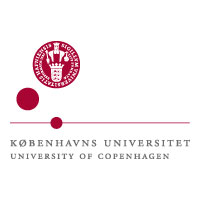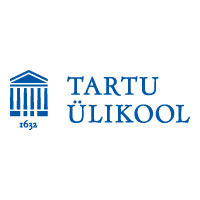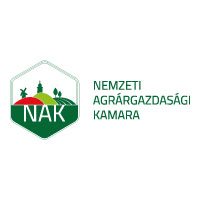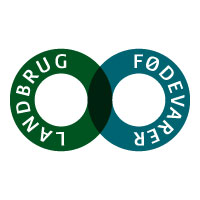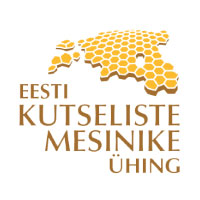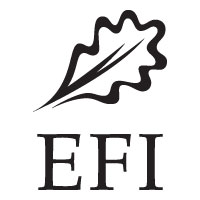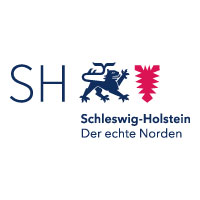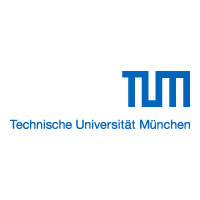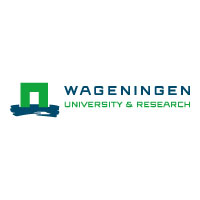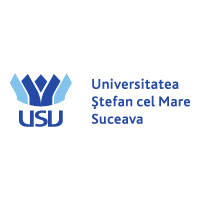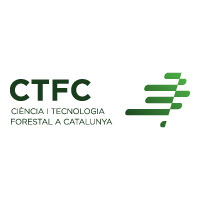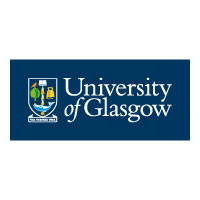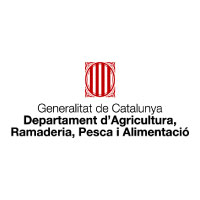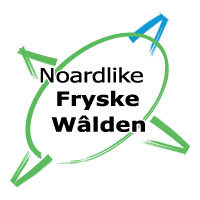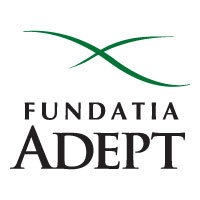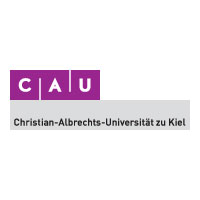The European agricultural land areas provide important and valuable goods in the form of food, fibre, and biomass for the world. They are also crucial for the provision of several environmental and climate goods and services. EU member states have implemented agri-environmental schemes, investment grants for environmental technologies, and private actors have established environmental certification and labelling schemes targeting these services. However, many initiatives are arguably not cost-effective in boosting environmental and climate service provision, may be skewed in terms of distributional impacts, increase risks to farmers, or involve excessive transaction costs.
EFFECT is developing and piloting a theoretically well-founded and empirically well-adapted package of new contractual frameworks. This will enable farmers to reconcile agricultural production with enhanced delivery of environmental and climate public goods and services to the benefit of society at large. EFFECT pursues this through a transdisciplinary effort involving a review of past successes and failures, and the development and test of new forms of contracts. We combine agricultural and environmental science knowledge with theoretical and empirical insights from law, political science and economics. We further combine efforts from researchers and multiple practice partners and stakeholders to ensure that lessons learned from previous initiatives and our testing of emerging contract frameworks are validated on the ground. Our ambition, which is based on solid experience in the consortium, is to facilitate that our co-developed agri-environmental contract arrangements are being put to actual use towards the end of the project. Furthermore, to ensure durable impact of the project, EFFECT initiates a cross European innovation process, supports capacity-building among decision-making bodies and develops a policy evaluation framework.

This project has received funding from the European Union’s Horizon 2020 research and Innovation programme under grant agreement N°817903.
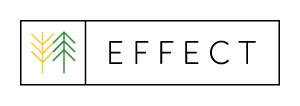
Title
Environmental Public Goods from Farming through Effective Contract Targeting
Project acronym
EFFECT
Project ID
Grant Agreement (GA) N°817903
Duration
1 May 2019 to 31 October 2023



 HU
HU
